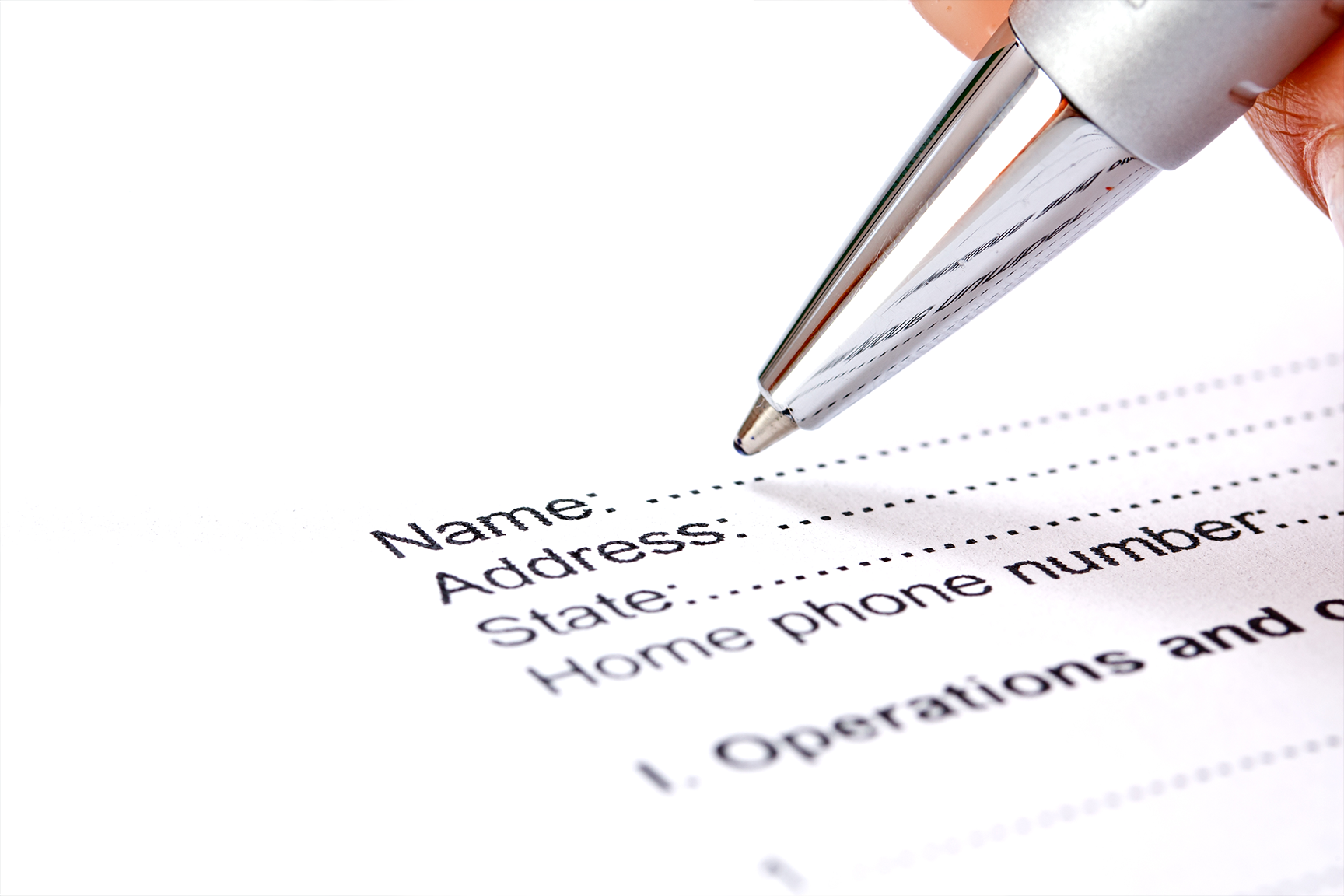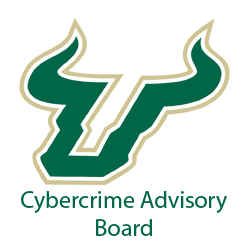
The Necessity of Utilizing PII Scanning
When it comes to online security in our ever-evolving digital world, it’s becoming more and more important for companies to take the necessary precautions to protect our information. One way to do this is through PII (personally identifiable information) scanning.
But, what does this mean for the average business?
What is PII?
PII is any information that can be used to distinguish an individual’s identity. This includes things like name, address, social security number, and more.
The first step of the PII scanning process is to identify and classify all relevant data points: demographic information, financial information, purchasing habits and more. The next step is to determine whether this data can be used as a tool for fraud or identity theft.
PII is a valuable commodity to hackers, and they will go to great lengths to get their hands on it. Once this information is stolen, it can be sold on the black market for profit. This can cause serious problems both for companies and individuals alike. As technology advances, so do the methods of cybercriminals—and they’re becoming more sophisticated by the day.
How to Protect Your Business From PII Theft
So what can you do to protect your business from PII theft? Your first step should be to create a comprehensive plan that outlines the steps you’ll take in the event of a data breach. This includes things like reporting the incident, contacting customers and notifying law enforcement. It’s also important to ensure that all employees are trained on proper security practices and policies.
Finally, once you have identified the process for a breach of information, it’s time to determine how best to mitigate those risks.
Best Security Measures for Companies
Companies can take many measures to protect their data. For example, they can use encryption to ensure that the information is protected from unauthorized access and use. They can also implement tokenization, which makes it more difficult for hackers to get their hands on sensitive data.
Multi-Factor Authentication
Companies can also use multifactor authentication to prevent unauthorized access. They can use two-factor authentication (2FA) or multi-factor authentication (MFA). With 2FA, the user has to provide a password and another piece of information, such as a security code generated by an app on their phone. With MFA, the user provides one of multiple factors before they are granted access.
Generally, having a multiple-step process can mitigate most of the risk of a data breach. Companies should consider implementing MFA if they store sensitive data or hold customer credit card information. Both for employees, and for the customers using their products, it’s important to educate people about security.
Likewise, if you’d care to set your clients’ minds at ease, you can provide links to articles that explain how your company stores and protects data, which will help consumers feel more confident in your products.
Final Notes for Company Security
It’s also important to note that MFA isn’t a foolproof solution. There are still ways for hackers to access your data, even if they don’t have the password. If you store sensitive information, it may be best to consider other measures.
In those cases, it can help to stay on top of all the latest cybersecurity trends by reading up on them at our site. You can also check out our blog at Arruda Group for more comprehensive information about how to protect your company’s data.



